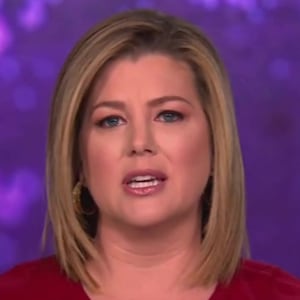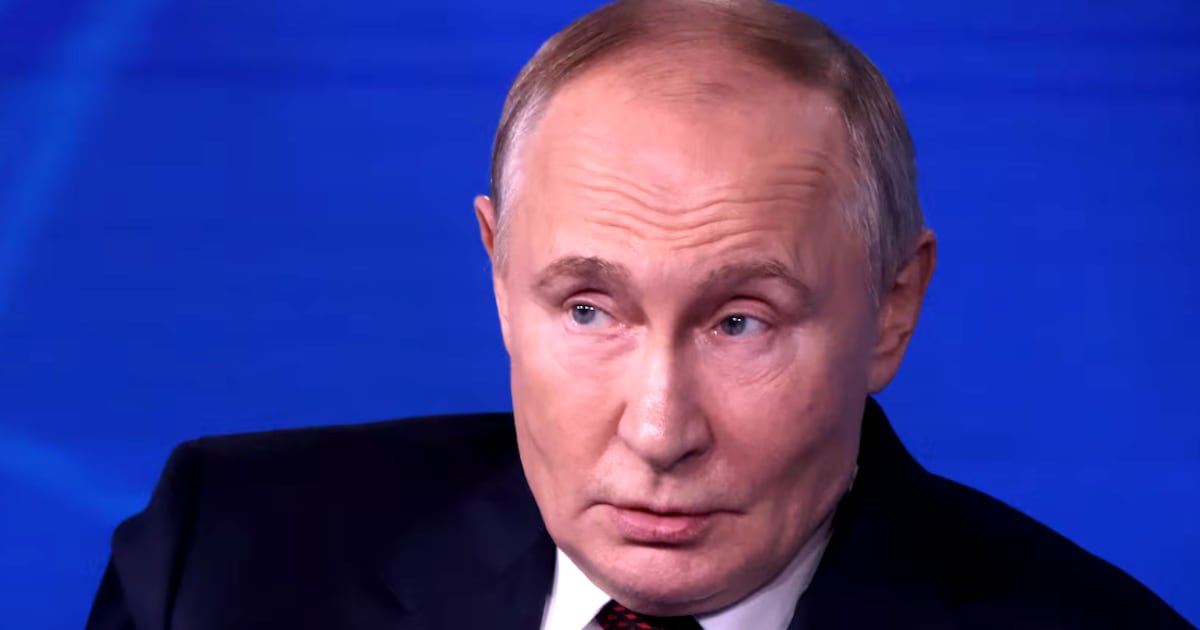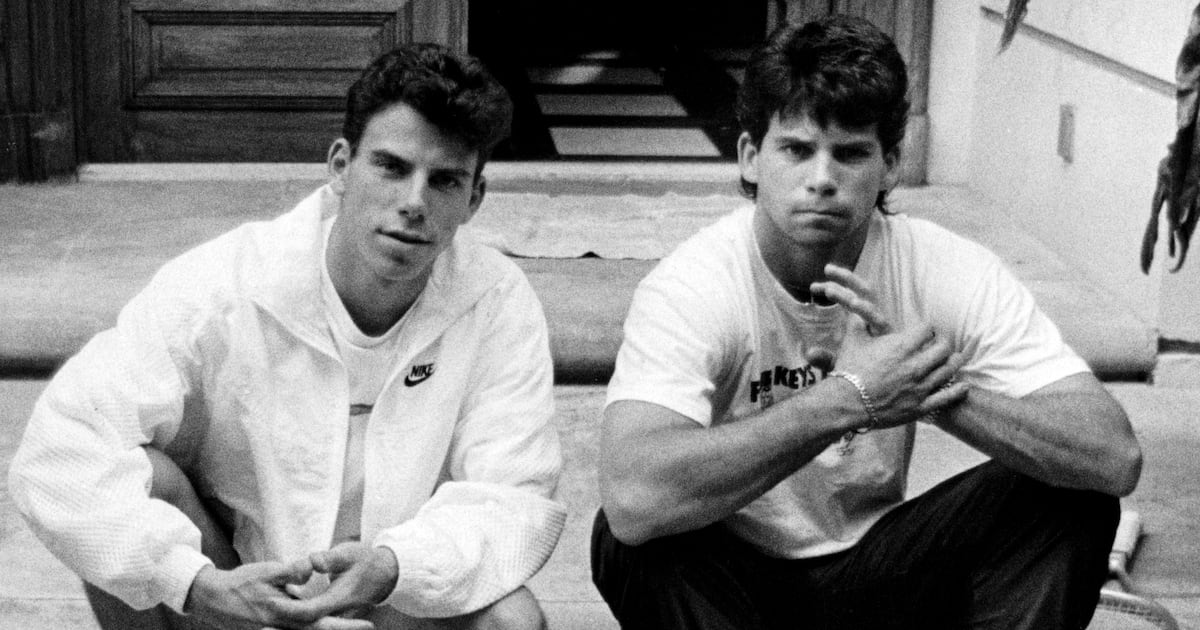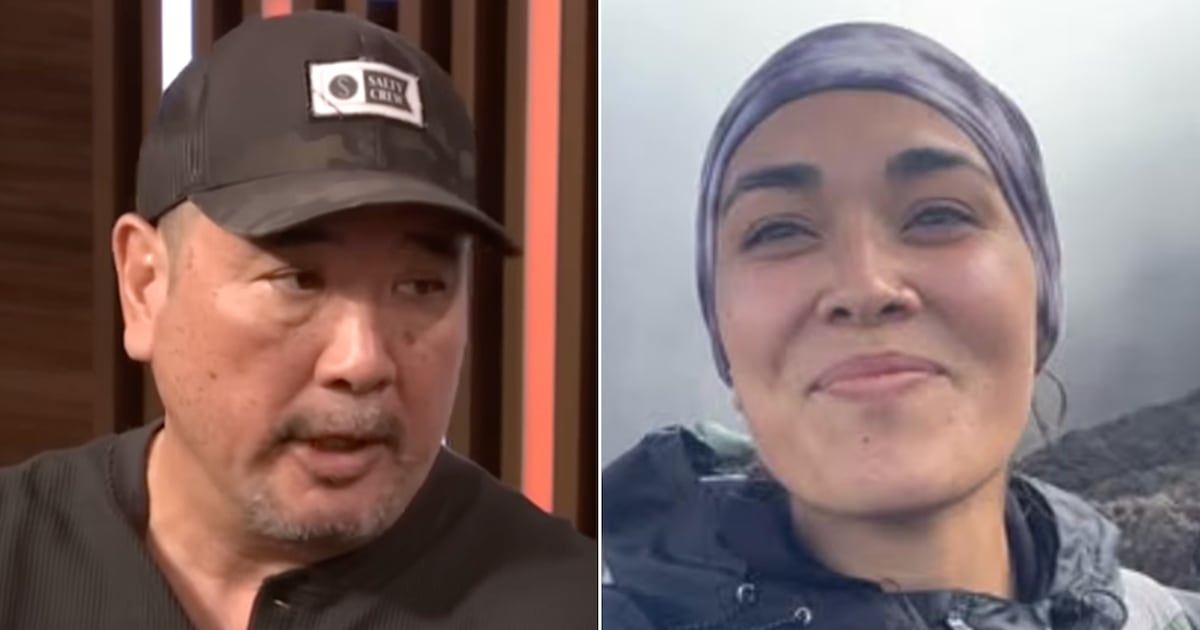Former White House coronavirus response coordinator Dr. Deborah Birx on Sunday recalled the pressure she came under from Donald Trump, recounting a “very uncomfortable conversation” with the then-president after a CNN interview, and claiming she felt as if she “was being watched.”
Speaking to CNN chief medical correspondent Sanjay Gupta in an interview set to air in full on Sunday night, Birx—who recently began a private-sector job for an air purification company and joined the George W. Bush Institute as a senior fellow—insisted she came under fire from within the Trump administration for warning about the dangers of the pandemic.
“I knew I was being watched,” Birx told Gupta. “Everybody inside was waiting for me to make a misstep so that they could, I guess, remove me from the [coronavirus] task force.”
ADVERTISEMENT
Revisiting an interview she gave CNN last August in which she said the virus was “extraordinarily widespread” and impacting rural areas, Birx claimed she received “horrible pushback” from the White House because of the “clarity that I brought about the epidemic.”
A sympathetic Gupta, meanwhile, said he could tell it was a “really tough time” for Birx “just by reading your face,” asking the former COVID-19 task force expert what happened in the aftermath of the interview.
“I got called by the president,” she replied, adding: “Well, I think you’ve heard other conversations that people have posted with the president. I would say it was even more direct than what people have heard. It was very uncomfortable, very direct, and very difficult to hear.”
Asked if she was threatened, Birx took a long pause before answering: “I would say it was a very uncomfortable conversation.”
Birx, who also told Gupta that the majority of COVID-19 deaths could have been avoided through better mitigation efforts, has long come under criticism over her failure to aggressively push back against Trump’s conspiracy theories and disregard for public health recommendations.
Besides taking heat for greeting Trump’s unhinged suggestion that coronavirus patients should inject bleach and ultraviolet light mostly with silence, Birx was also criticized throughout the Trump administration’s COVID-19 response for being overly optimistic about the pandemic’s impact.
“Inside the White House, Dr. Birx was the chief evangelist for the idea that the threat from the virus was fading,” the New York Times reported last summer, adding: “As the pandemic worsened, Dr. [Anthony] Fauci’s darker view of the circumstances was countered by the reassurances ostensibly offered by Dr. Birx’s data.”






